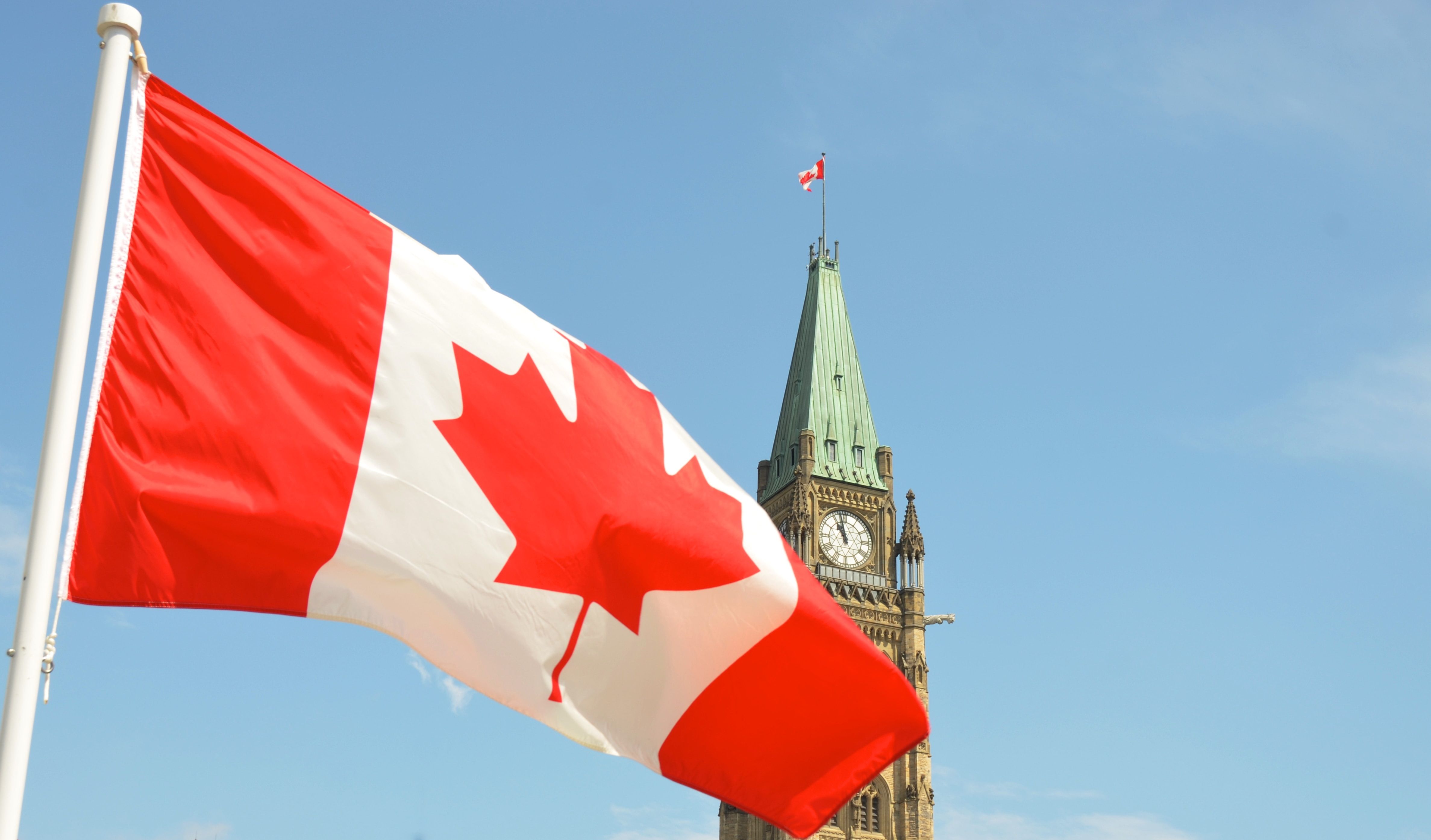
Immigration To Canada
3 Differences Between a Canadian Permanent Resident vs Citizen
Mar 23, 2023
Many prospective immigrants to Canada are interested in getting Canadian citizenship. But before you can become a Canadian citizen, you first must be a Canadian permanent resident. In fact, the end result of every Canadian immigration program (including provincial pathways like PNPs or Quebec Immigration) is Canadian permanent residence.
Once you become a permanent resident, you are automatically issued a permanent residence (PR) card. A PR card is basically the Canadian equivalent of a US green card.
Once an individual becomes a Canadian permanent resident, they have a number of rights including:
- Access to the same social benefits as any Canadian citizen, including healthcare coverage;
- The right to live, work, study anywhere in Canada;
- Protection under Canadian law and the Canadian Charter of Rights and Freedoms;
- The right to apply for Canadian citizenship.
Before someone can become a citizen, they must first become a permanent resident. Here are three of the main differences between Canadian permanent residents vs citizens:
1. Ability to Vote or Run for Office
Canadian permanent residents also share many of the social responsibilities of Canadian citizenship, such as paying taxes and abiding by Canadian laws. In fact, there are really only two things that Canadian citizens can do that permanent resident can’t. Canadian permanent residents cannot vote or run for office. There are also some restrictions against permanent residents holding certain government positions that require a high-level security clearance.
2. Canadian Passport vs PR Card
Canadian permanent residents do not get a Canadian passport. If permanent residents want to travel outside the country, they can do so on a valid PR card, or on a Permanent Resident Travel Document (PRTD), and their passport from their country of citizenship.
PR cards have a validity period, so they have to be renewed regularly. However, you do not automatically lose your permanent resident status if your PR card expires. To maintain your permanent resident status, you do need to meet certain residency requirements.
3. Ability to Live Outside of Canada
As a permanent resident, you are allowed to live outside of Canada. However, you must live in Canada for at least two years in a five-year period. If you live outside of Canada for longer, you may lose your status. Exceptions do exist, though. For example, time spent outside Canada while accompanying a spouse or common-law partner, or parent who is a Canadian citizen can be counted towards residency. You can also count time spent abroad if you are assigned to a position outside Canada by a Canadian business.
Even if you fail to meet residency requirements, you do not automatically lose permanent residence status. You can only lose your status if you go through a formal process.
Permanent residents can apply for citizenship once they have met certain residency requirements. As a naturalized citizen of Canada, they can apply for a Canadian passport and can freely participate in Canadian politics. In fact, there are absolutely no differences between naturalized citizens and citizens born in Canada.
Category
Related articles
Latest blog
Featured blogs

Immigration To Canada
3 Differences Between a Canadian Permanent Resident vs Citizen
We are often asked by prospective newcomers the difference between a Canadian permanent resident vs citizen.

Canada Super Visa
The Canadian Job Market: Opportunities and Challenges for Immigrants
This blog discusses the opportunities and challenges of the Canadian job market for immigrants, providing tips on how to navigate it successfully.
Contact us
Send your message
Enter your details and we'll call you back as per your convenience
Points of Contact
Canada
13761 96 Ave #502, Surrey, BC V3V 1Z2
Support
info@nauticalimmigration.ca
+1 (778) 869-1404
